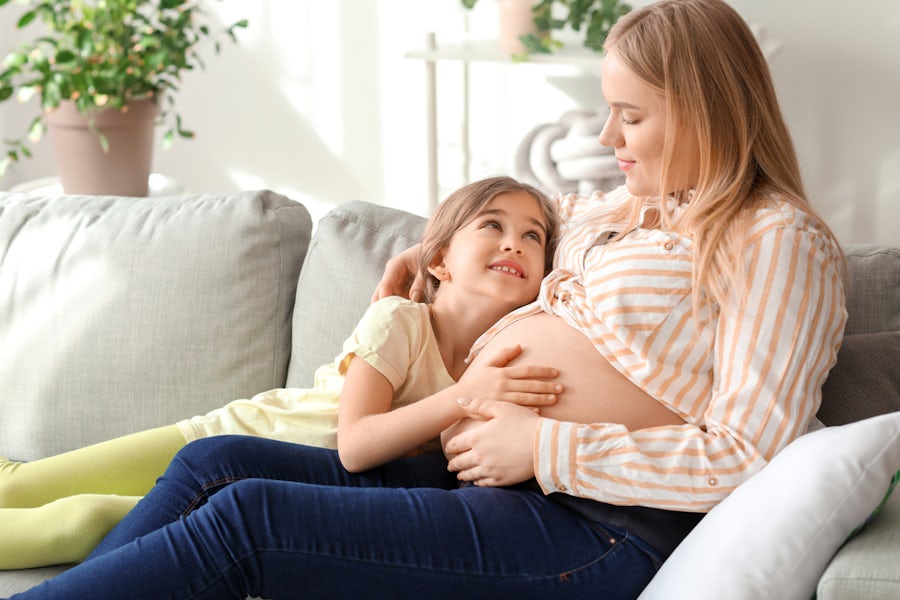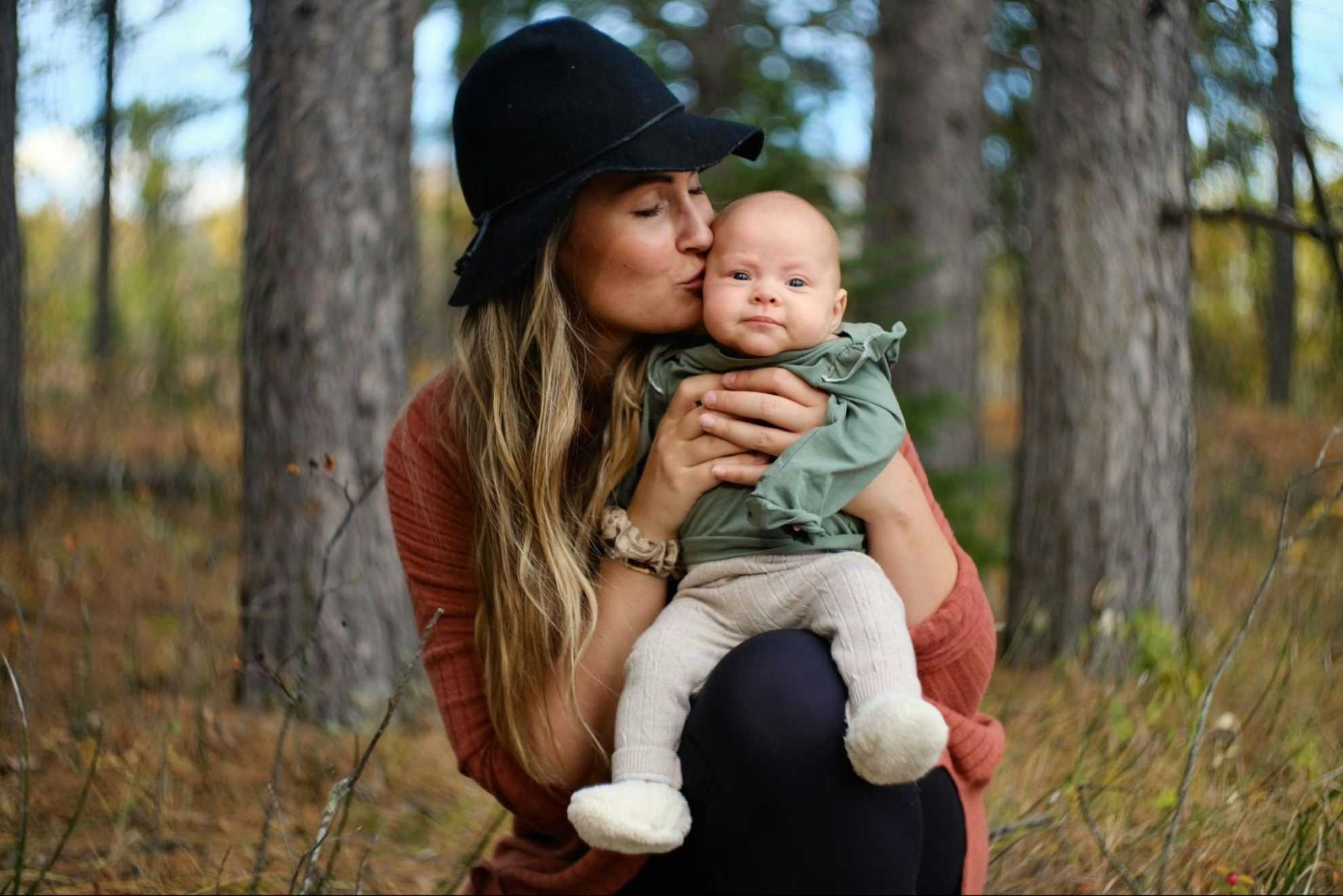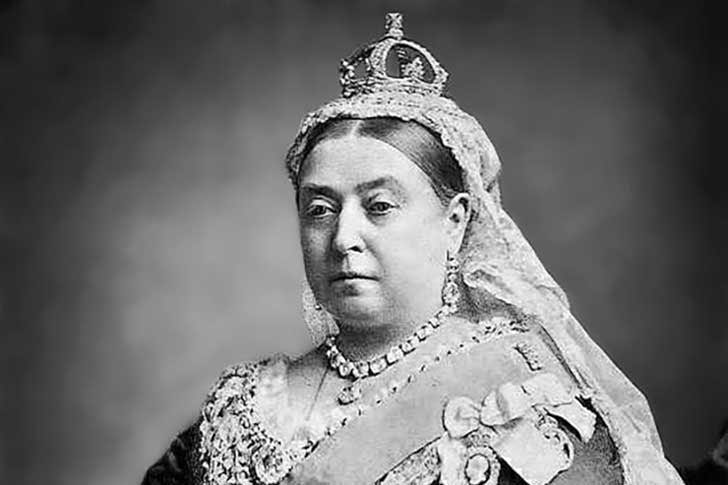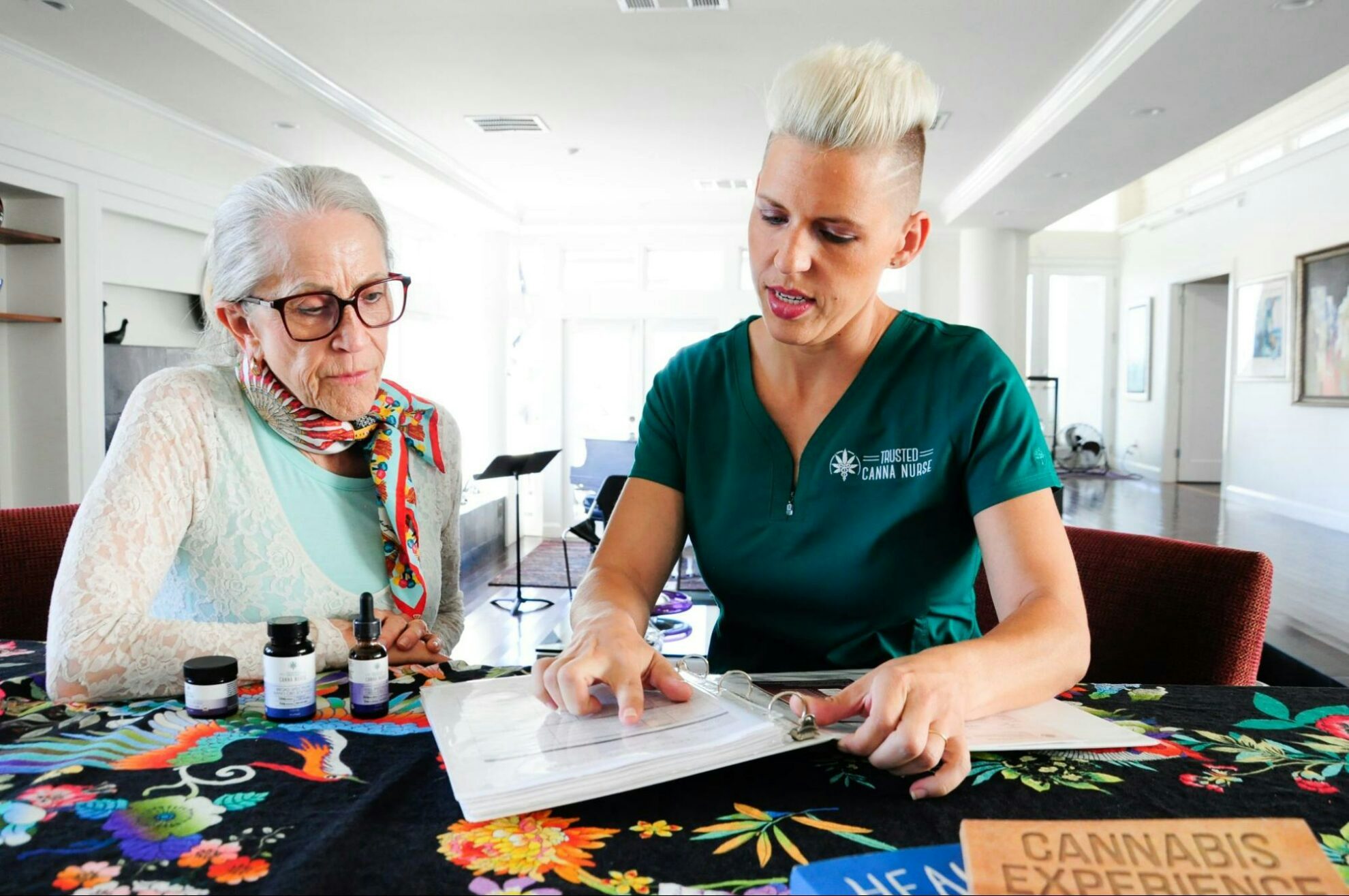Women who used cannabis during pregnancy could be at an increased risk of a variety of adverse maternal and infant outcomes, in particular preterm birth and small birth size, according to the findings of a new study.
The study, published in Drug and Alcohol Dependence in May, examined over 3 million infant hospital discharge records for births in California between 2011-2017, including over 29,000 where the mother used cannabis during pregnancy. Cannabis use during pregnancy “was associated with an increased risk of all outcomes studied,” according to the researchers.
These outcomes included an increased risk of hypertensive disorders (9.7% vs 6.5%), preterm birth (13.3% vs 6.6%), and newborns that are small for gestational age (15.8% vs 8.6%). For preterm births, this represents 40% higher odds.
Other factors could be at play
It is important to emphasize, however, that correlation is not causation and other factors could be at play.
Such factors include that the women who used cannabis during pregnancy were more likely to identify as non-hispacnic white, black, or multiple races, be less than 34 years of age, use public insurance, have less than 12 years of education, and use nicotine, among others.
Additionally, the researchers could only gauge cannabis use that was known to the healthcare provider or that was of significant enough concern for the provider to make a diagnosis. In addition, they said there could be over-representation “due to assumptions, implicit bias, or racism in asking about and documenting cannabis use in economic and racial or ethnic minorities.”
However, this is not the first study in recent years to point out potential risks associated with prenatal cannabis use, in particular for potential neurological issues.
Previous studies came to similar conclusions
A study published in Nature Medicine in August 2020 examined live births in Ontario, Canada between 2007 and 2012 and found that the incidence of autism spectrum disorder diagnosis was 4 per 1,000 persons for children who were exposed to cannabis in utero, as opposed to 2.42 per 1,000 births among children with no exposure.
“There are cannabinoid receptors present in the developing fetus and exposure to cannabis may impact the wiring of the developing brain,” the study’s lead author stated.
That study was published a month before an article in the journal “Psychiatry” that examined 11,489 children – including 655 with prenatal cannabis exposure – and found that “prenatal cannabis exposure after maternal knowledge of pregnancy was associated with greater psychopathology during middle childhood, even after accounting for potentially confounding variables.”
Furthermore, a review of existing research published in “BMJ Journals” in 2016 looked at 24 studies on cannabis during pregnancy and the effects on maternal and fetal outcomes and asserted that “use of cannabis during pregnancy may increase adverse outcomes for women and their neonates.”
Those researchers also stated that “as use of cannabis gains social acceptance, pregnant women and their medical providers could benefit from health education on potential adverse effects of use of cannabis during pregnancy.”
Among the adverse outcomes observed, the researchers stated that women who used cannabis during pregnancy had an increase in the odds of anaemia, while infants exposed to cannabis in utero had a decrease in birth weight and were more likely to need placement in the neonatal intensive care unit.
With all the reports of neurological damage, one recent comprehensive review asserted that in fact there is no evidence that using cannabis while pregnant significantly harms cognitive function in the child.
Cannabis may reduce pregnancy odds
Cannabis may also present some adverse outcomes for women who are trying to become pregnant, according to a study published in the journal “Human Reproduction” earlier this year. The study assessed 1,200 women who were trying to get pregnant after a previous pregnancy loss and found that only 42% of those who consume cannabis became pregnant, as opposed to 66% of those who do not consume cannabis.
“These findings highlight potential risks on fecundability among women attempting pregnancy with a history of pregnancy loss and the need for expanded evidence regarding the reproductive health effects of cannabis use in the current climate of increasing legalization,” one of the researchers behind the study told Analytical Cannabis.
Increased risk with legalization?
The issue of prenatal cannabis use is reaching greater importance in recent years, as the number of states that have legalized cannabis continues to grow.
Two studies published in 2020 found an increase in the number of pregnant women testing positive for marijuana after their state of residence legalized cannabis. One of the studies found that after recreational marijuana legalization went into effect in California in 2018, the percentage of women surveyed who tested positive at their initial pregnancy intake increased from 6% to 11%.
An additional study published February 2020 looked at 7,258 women who had given birth in legal adult-use cannabis states (Alaska, Colorado, and Washington) and found that “women who resided in states with legalized recreational cannabis were significantly more likely to use cannabis during the preconception, prenatal, and postpartum periods.”
The Cannigma content is intended for informational purposes only. It is not a substitute for professional medical advice, diagnosis or treatment. Always consult with an experienced medical professional with a background in cannabis before beginning treatment.
Sign up for bi-weekly updates, packed full of cannabis education, recipes, and tips. Your inbox will love it.

 Shop
Shop Support
Support


















